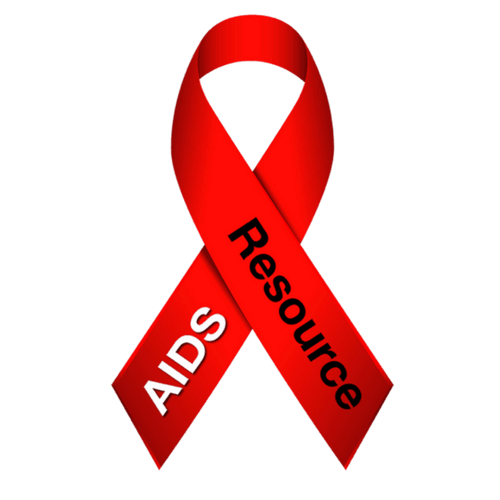PEP
Stop the stigma. Get the facts.
What is PEP?
Post-exposure prophylaxis (PEP) consists of taking a short course of antiretroviral medications to reduce the risk of getting HIV after a potential exposure. You must start PEP within 72 hours of the potential exposure since there is a limited timeframe to prevent HIV from replicating and spreading throughout your body. PEP is used in emergency situations and is not meant for regular use.
Should you consider taking PEP?
If you have had a potential exposure to HIV in the last 72 hours, you may be eligible for post-exposure prophylaxis (PEP). Situations in which PEP is prescribed include:
- Sexual assault.
- Condomless vaginal and/or anal sex with a partner of unknown HIV status or with HIV who does not have an undetectable viral load.
- Condom broke during vaginal and/or anal sex with a partner of unknown HIV status or with HIV who does not have an undetectable viral load.
- Sharing needles, syringes, or other equipment used to inject drugs.
Survivors of Sexual Assault
If you are a survivor of sexual assault, the following organizations have 24-hour crisis hotlines:
- YWCA’s Wise Options Program in Lycoming County (1-800-326-8483)
- Transitions in Union County (1-800-850-7948)
- Centre Safe in Centre County (1-877-234-5050)
- Roads to Peace in Clinton County (570-748-9509)
AIDS Resource launched a program to provide financial assistance to survivors of sexual assault who cannot afford PEP. We are here to help. Please contact us if you need assistance paying for PEP (including co-pays and deductibles) or securing a prescription for PEP. This initiative is made possible by generous grants from the Pearls with a Passion Fund at the First Community Foundation Partnership of Pennsylvania and the Stabler Foundation. Learn more about FCFP by visiting www.FCFPartnership.org.
How do you access PEP?
Post-exposure prophylaxis (PEP) is available by prescription only. It is crucial that you seek medical attention right away. If you cannot secure an appointment with your healthcare provider, proceed to the emergency room. Alternatively, you can contact our office to schedule an appointment with our physician. You will need to be tested for HIV to verify your status, as PEP is only recommended for individuals who are HIV-negative. Your healthcare provider may also recommend tests for sexually transmitted infections (STI), hepatitis, and pregnancy. Other tests may be ordered based on your individual situation. If PEP is right for you, your healthcare provider will determine which PEP regimen is best for you.
PEP typically consists of taking a 3-drug regimen for 28 days. PEP is effective in reducing the acquisition of HIV when it is started within 72 hours after the potential exposure, and the 28-day regimen is taken in its entirety. Its effectiveness decreases when doses are missed.
What should you expect if you take PEP?
You may experience mild side effects when you first start taking post-exposure prophylaxis (PEP). Common side effects include nausea, diarrhea, headache, and fatigue.
You can use other forms of protection, such as condoms and sterile needles, while taking PEP to protect others from possible exposure to HIV.
After you finish taking PEP, you will need to follow up with your healthcare provider for HIV testing. HIV testing is done 4 to 6 weeks and 3 months after the potential exposure. Testing may also be done 6 months after the potential exposure in specific situations. Contact us to schedule your free and confidential HIV testing.
How do you pay for PEP?
There are various payment methods available for post-exposure prophylaxis (PEP). Your prescription drug coverage may cover the cost of PEP, depending on your policy. If you do not have prescription drug coverage, your healthcare provider may be able to apply for PEP through certain medication assistance programs offered by the drug manufacturers. If you are prescribed PEP for sexual assault, you may qualify to receive partial or full reimbursement for PEP through certain medication assistance programs (see what resources are available in your area or review programs offered through the Office of Victims of Crimes). These requests are handled urgently to avoid a delay in accessing PEP.
Resources

